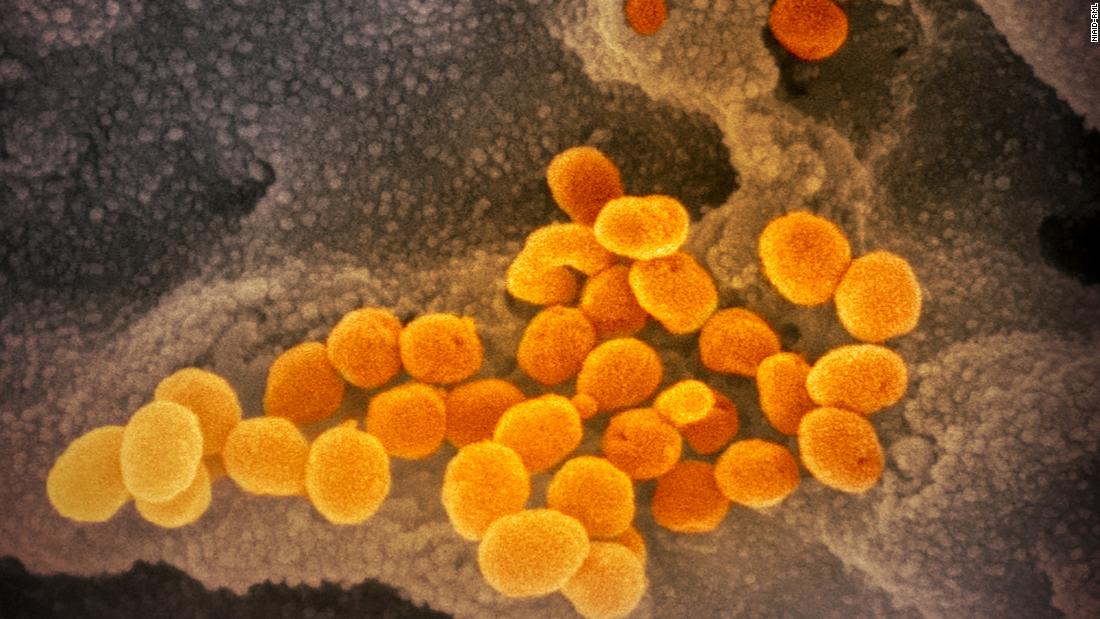Coroner calls for brain research following former AFL player Danny Frawley’s death
A Victorian coroner is asking for extra research into the long-term results of head knocks in sport, in a report detailing the extent of former AFL player Danny Frawley’s psychological well being decline within the years and days earlier than the St Kilda nice took his personal life.
Handing down her findings into Frawley’s death on Tuesday, coroner Paresa Spanos confirmed a autopsy evaluation of the former Richmond coach’s brain discovered he had low-stage chronic traumatic encephalopathy, a brain illness linked to repeated blows to the pinnacle.
It comes every week after Guardian Australia revealed the AFL is considering a proposal for the institution of a multimillion-dollar belief to help previous, current and future gamers affected by the long-term results of concussion that would, if accepted, symbolize a turning level in the way in which collision-based sports activities all around the world sort out head trauma.
Spanos mentioned researching the impacts of contact sports activities on the brains of AFL gamers may save lives as there may be at the moment inadequate data in regards to the extent to which CTE produces neurological dysfunction, partially due to a scarcity of research in Australia and internationally.
“Mr Frawley retired from professional football prior to the discovery of CTE and the implementation of current AFL policies and procedures aimed at minimising the consequences of concussions and repeated sub-concussive injuries,” Spanos wrote.
“There is a strong consensus that more research into CTE is needed to improve understanding of the condition, its diagnosis and the prevention or at least minimisation of the impacts of CTE in AFL players.”
CTE, which might solely be identified after death, is related to temper and behavioural modifications together with cognitive and reminiscence impairment.
Frawley died in a automobile crash in September 2019, aged 56. The coroner mentioned his psychological state started deteriorating within the months earlier than his death and appeared to coincide with ceasing his remedy and a number of other “psychosocial stressors”.
Spanos discovered that “at its highest, CTE is a potential contributor” to Frawley’s melancholy within the years previous his death.
“Like many players, Mr Frawley began his football career in his formative years, and likely experienced head trauma while his brain was still developing,” she mentioned. “As such, it is difficult to evaluate the contribution of CTE to personality, behaviours, any cognitive deficits, or emotion over a lifetime.
“As CTE can only be diagnosed post-mortem, it is impossible to establish at what point CTE began and whether this coincided with any changes in mood or behaviour.”
The report states Frawley had been seeing a psychiatrist since 2014 and introduced with a historical past of a “depressive breakdown”, noting with work with the AFL Coaches Association was a contributing issue.
“He had a significant constellation of depressive symptoms including significant insomnia, depressive ruminations, relative anhedonia, self-reproachment, a motivation, difficulty functioning and episodic passive suicidality,” it states.
“He had also engaged in poor decision making and conduct that caused conflict in his marriage.”
Frawley’s psychiatrist described him as a “particularly needy” affected person resulting from his “fragile emotional state” and required frequent periods and evaluation. Frawley’s spouse, Anita, felt it took her husband at the very least a 12 months to get better “but he was never the same”.
“To his family, Mr Frawley would lie in bed all week and be extremely needy, but he would be able to put on a brave ‘public face’ and give the appearance of normal functioning,” the report states.
Anita mentioned he by no means revealed the extent of his personal struggling to associates or the general public, even whereas appearing as a public advocate for males’s psychological well being. In late 2018, the psychiatrist famous Frawley had decreased his dose of antidepressants with out session and wished to stop them altogether.
In January 2019, the report states Frawley’s manner had improved considerably, however that he ceased his remedy, telling his spouse he had carried out so with the permission of his physician. From then, his media presence decreased significantly as a result of it appeared to his spouse to “to bruise his ego”.
One month earlier than his death Frawley returned to his psychiatrist, who reported Frawley had disengaged with remedy as a result of he had felt “bulletproof”.
His remedy was recommenced. He final noticed his psychiatrist on 6 September, 2019 – three days earlier than his death.
The coroner mentioned the load of the accessible proof supported a discovering that Frawley deliberately taken his personal life, nonetheless couldn’t verify to what diploma, if any, CTE had contributed to his psychological well being difficulties and/or death.
“In the period immediately preceding his death, Mr Frawley was experiencing a number of personal and professional stressors, and a significant deterioration in his mental state, with an exacerbation of the anxiety and depression he had been suffering for some five years,” Spanos discovered.
“At its highest, CTE is a potential contributor to the depression that Mr Frawley suffered for some years preceding his death. The available evidence does not enable me to determine which particular suicide stressor caused or contributed to Mr Frawley’s death.”
She discovered nothing to help any failures in Frawley’s scientific administration.
“Like many professional football players, Mr Frawley began his football career in his formative years and likely experienced head trauma before his personality was well established,” Spanos wrote. “This coupled with the inability to diagnose CTE before death, confounds evaluation of the contribution of CTE to personality, behaviours, any cognitive deficits, or lability of mood.”
The coroner really useful the AFL and Australian Football League Players’ Association actively encourage gamers and, their authorized representatives after their death, to donate their brains to the Australian Sports Brain Bank with a purpose to make a significant contribution to research into CTE.
Changes to coronial processes and practices to raised establish CTE have been additionally really useful.




